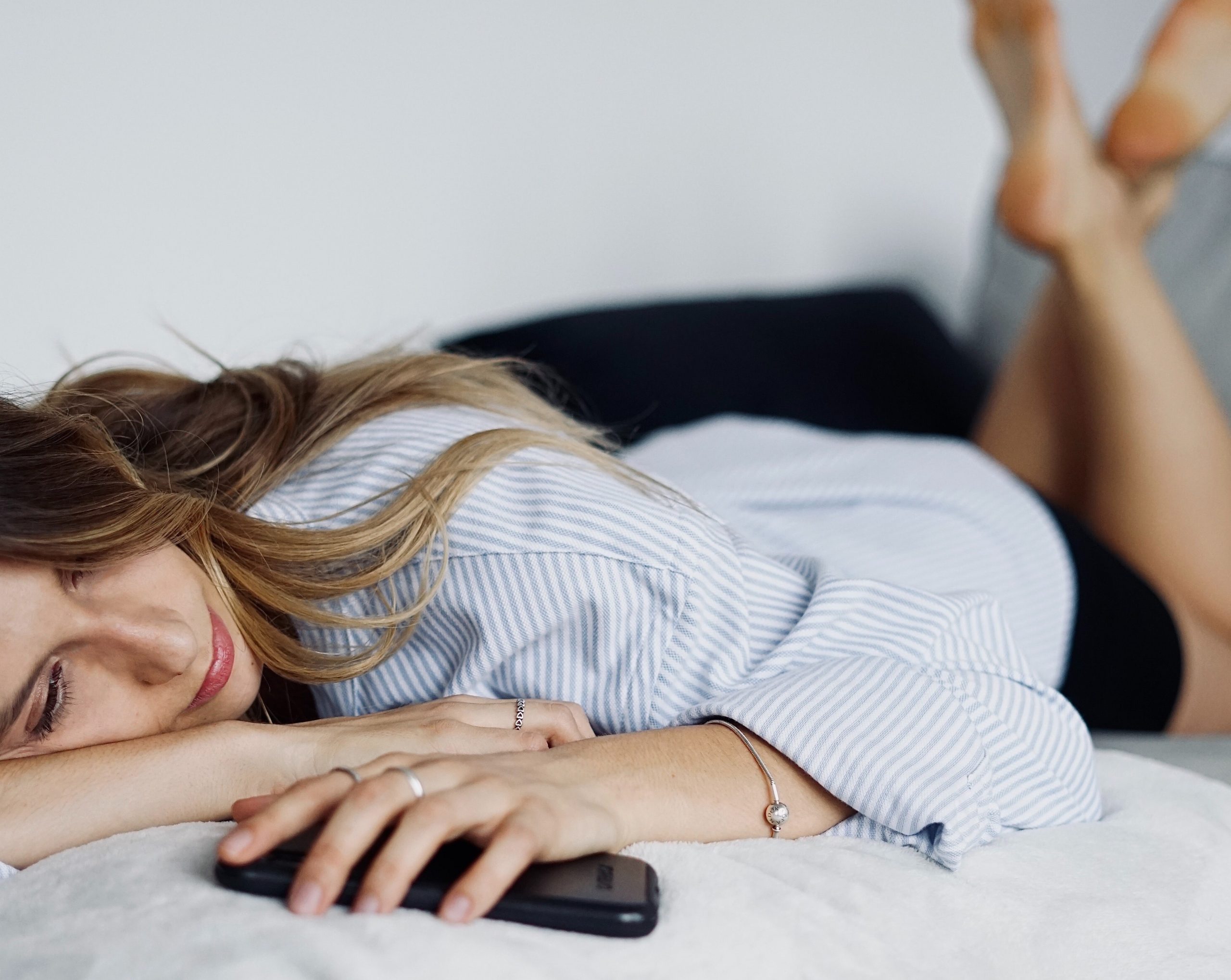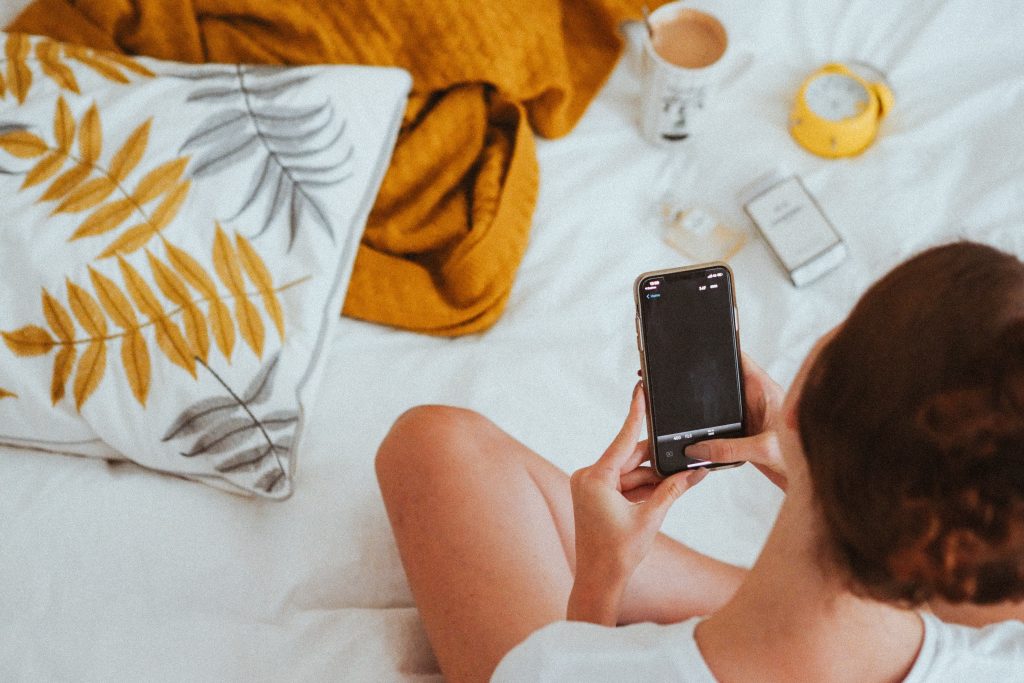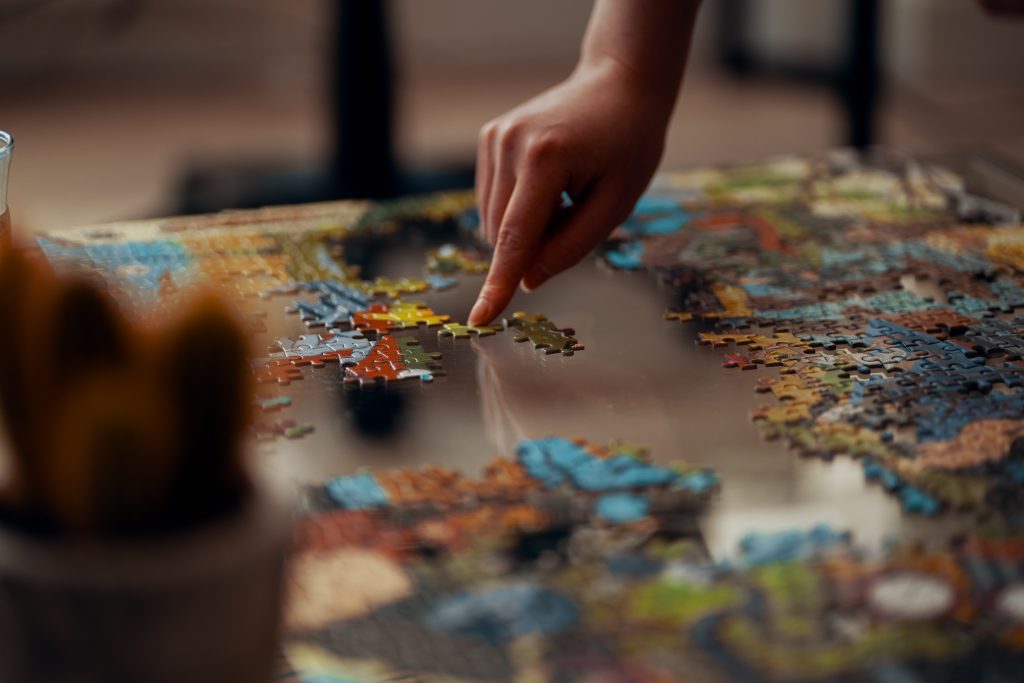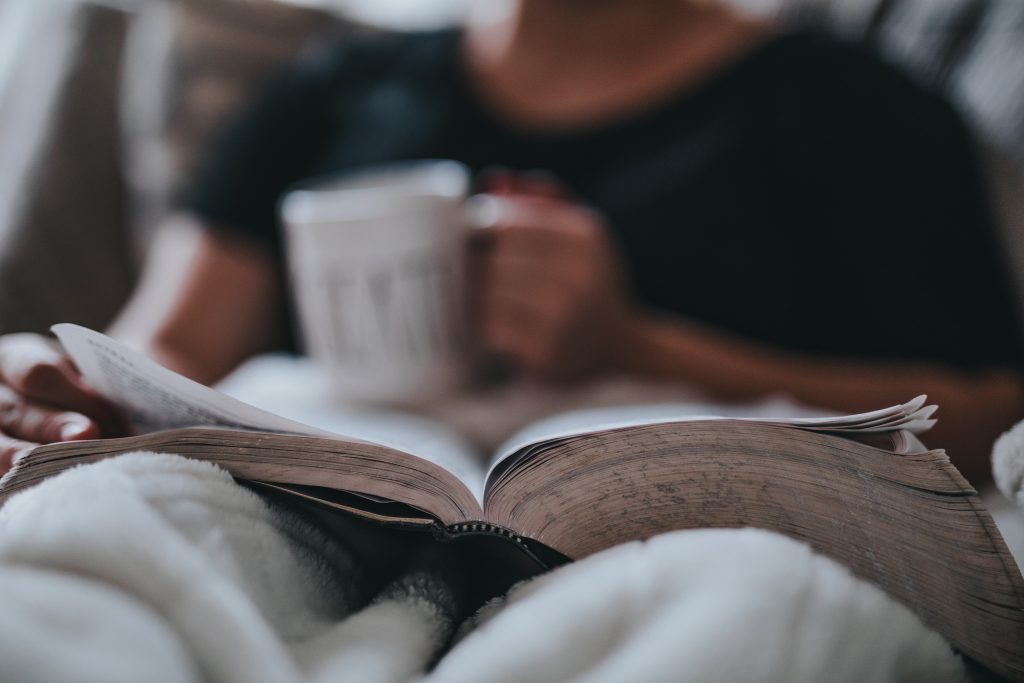
20 Nov How to beat digitally induced insomnia
Most of us will be familiar with the feeling you get after having been sucked into a doom-scroll-hole of an evening and looked up to see that, even if you fell asleep that minute, you would still get much less sleep than you need. Unfortunately, this is not the only way that tech can cause insomnia. In lockdown, with many of us working from home and having greater flexibility with our schedules, sleeplessness has become an even greater issue.
As a nation, our screen time has increased on an unprecedented scale. We are now spending 40% of our days watching TV or on our phones. In Australia their phone use increased 80% in the first month of lockdown. Our sleep cycles are being messed with on a global scale and it has become harder than ever to get a good night’s rest. We are not only trying to push past digitally-induced sleep problems but also Covid-stress induced insomnia. Combined, that is a powerful force. We have some tips to help you improve your digital habits so that you can finally get your sleep cycle back on track and get some rest.
#1 Stick to a digital routine
For many of us, routine has been essential in lockdown in order to keep us sane. Due to our isolation, this has had to include a lot of Zoom, Teams, FaceTime and more just to keep up with semi-regular social interaction and work. So, as hard as it may be, we are recommending you institute a routine. Still call family and friends (perhaps try an audio call to rest your eyes) but enforce a bedtime for your phone (at least an hour before you go to bed), and aim to only log on after you have completed your morning routine. This way your sleep will be disconnected from your device- and hopefully, you can get some real rest. Ideally, you would also set yourself a bedtime and stick to it, the more practice you give your body at going to bed with the intent to sleep at 11 o’clock the likelier it is that you will be able to sleep then.

Bonus: why not leave your phone outside your bedroom? You could always buy an alarm clock to get rid of the excuse that you need it to wake up, and you will be amazed at the difference it makes to your sleep.
#2 Enjoy leisure offline
One of the problems we have already alluded to, is that in Corona-times our screens are used for everything- work, socialisation and leisure and that means that we are on them far too much. We recommend you try to find offline alternatives to screen-based leisure if you truly want to fight that digitally induced insomnia. Perhaps you could take up puzzling, journaling, crafting, reading, or simply get to know your bubble mates more (games and long chats are always a good route for that). This way even though you will not sacrifice your time with those you can’t see, and the work you need to do you will be able to cut down on screen time, especially in the evening as you ready for bed.

#3 Separate work and sleep spaces
This is one of the hardest tasks to implement when so many of us work from home, our bedrooms, sometimes even our beds. In lockdown it has become all too common that we will work in our bed, go on social media in our bed and call people from our bed too. Beds are no longer reserved for rest- no wonder we are struggling with insomnia! So whilst we would recommend keeping your work and technology away from the bed we understand that that is not always practical. Instead, we recommend sitting at the other end of the bed to work, sitting on the floor and leaning on the bed to call people or even creating a system of pillows to separate the head of the bed from the ‘work station’- whatever works for you. Just make sure that you are not letting yourself fall into the trap of lying under the covers replying to emails or doing one last social media check before you go to sleep- that will only make it harder!

#4 Reduce screen time
Previously we would have suggested that as long as you stopped using your phone an hour before bed and switched to night-mode earlier in the day you would be able to sleep with no problems. However, new research has shown that this is not the case: the best thing you can do to ensure you get better sleep at night is to reduce your screen time throughout the day. This is quite an arbitrary way to improve your sleep quality and so can be hard to stick to. The best way to measure it would be to keep an eye on your screen-time, to check out which apps are sucking most of your time and focus on them. If you spend an hour a day on Facebook you could delete it from your phone, so you have to log on on your laptop for example. Whichever apps you choose to target, try to measure your usage so that you can make a discernible difference to your daily total- your sleep-self will thank you for it!
Hopefully with these tips you will be able to reduce your insomnia and get back to the blissful days of good quality sleep you enjoyed pre-Covid. It is hard to build a new routine in lockdown, and especially one that relies on removing things from our lives instead of adding them but once you make this change, we promise, you will be infinitely grateful and able to sleep through with far fewer worries.




Sorry, the comment form is closed at this time.